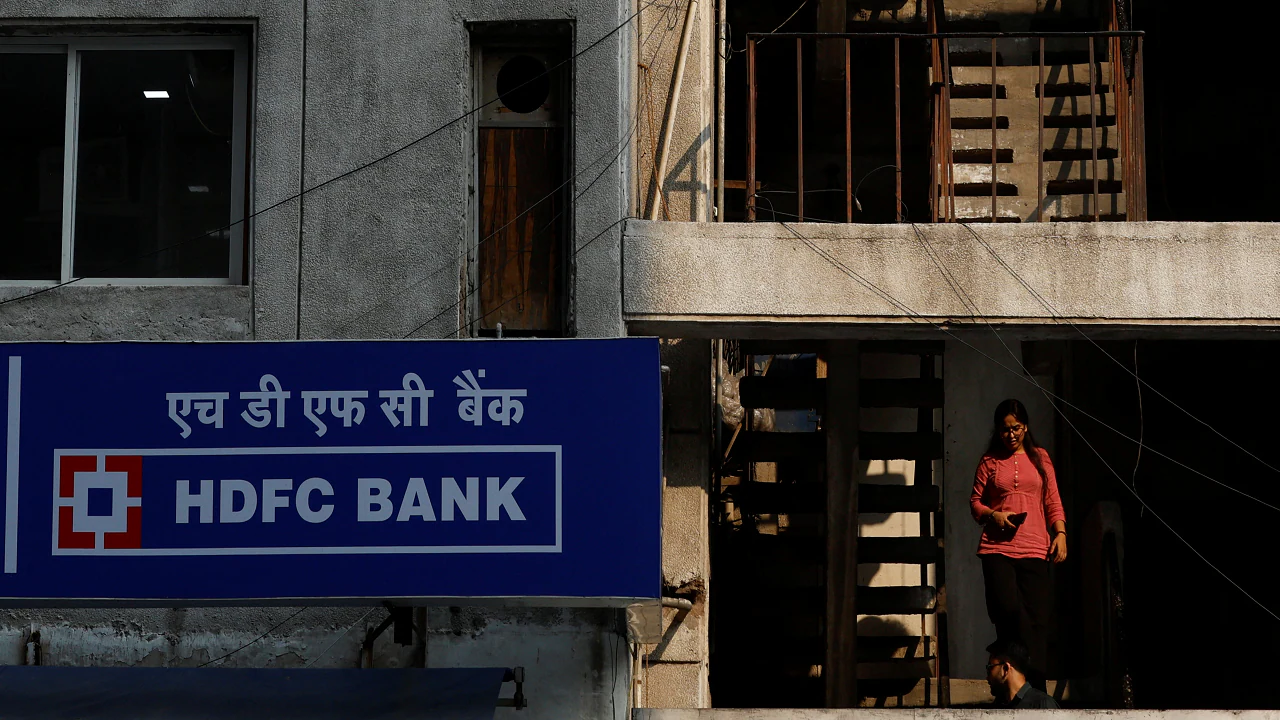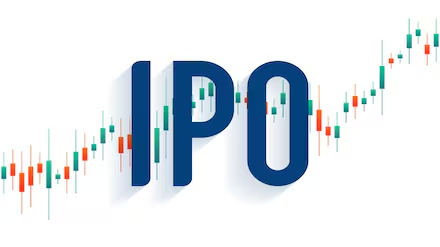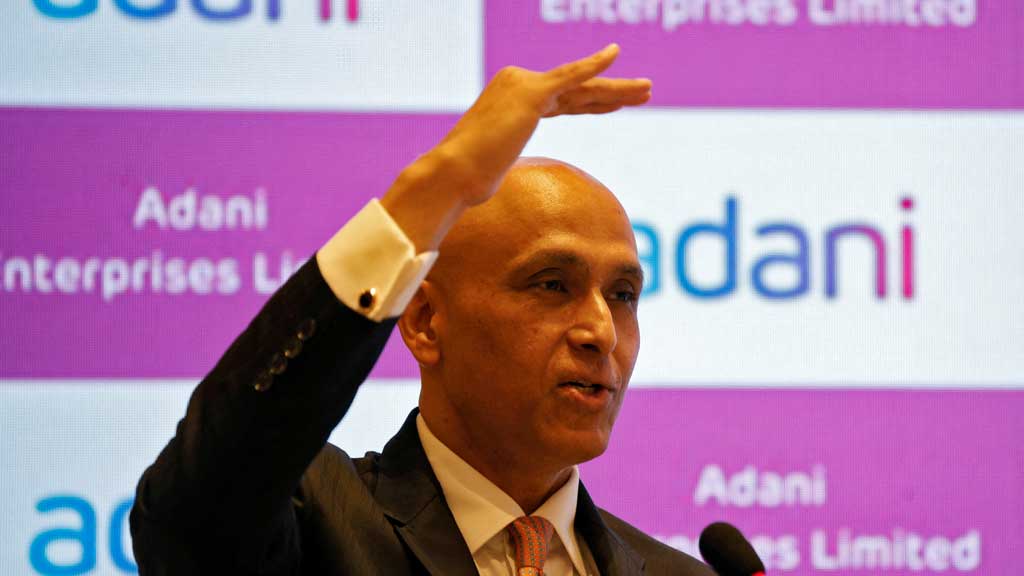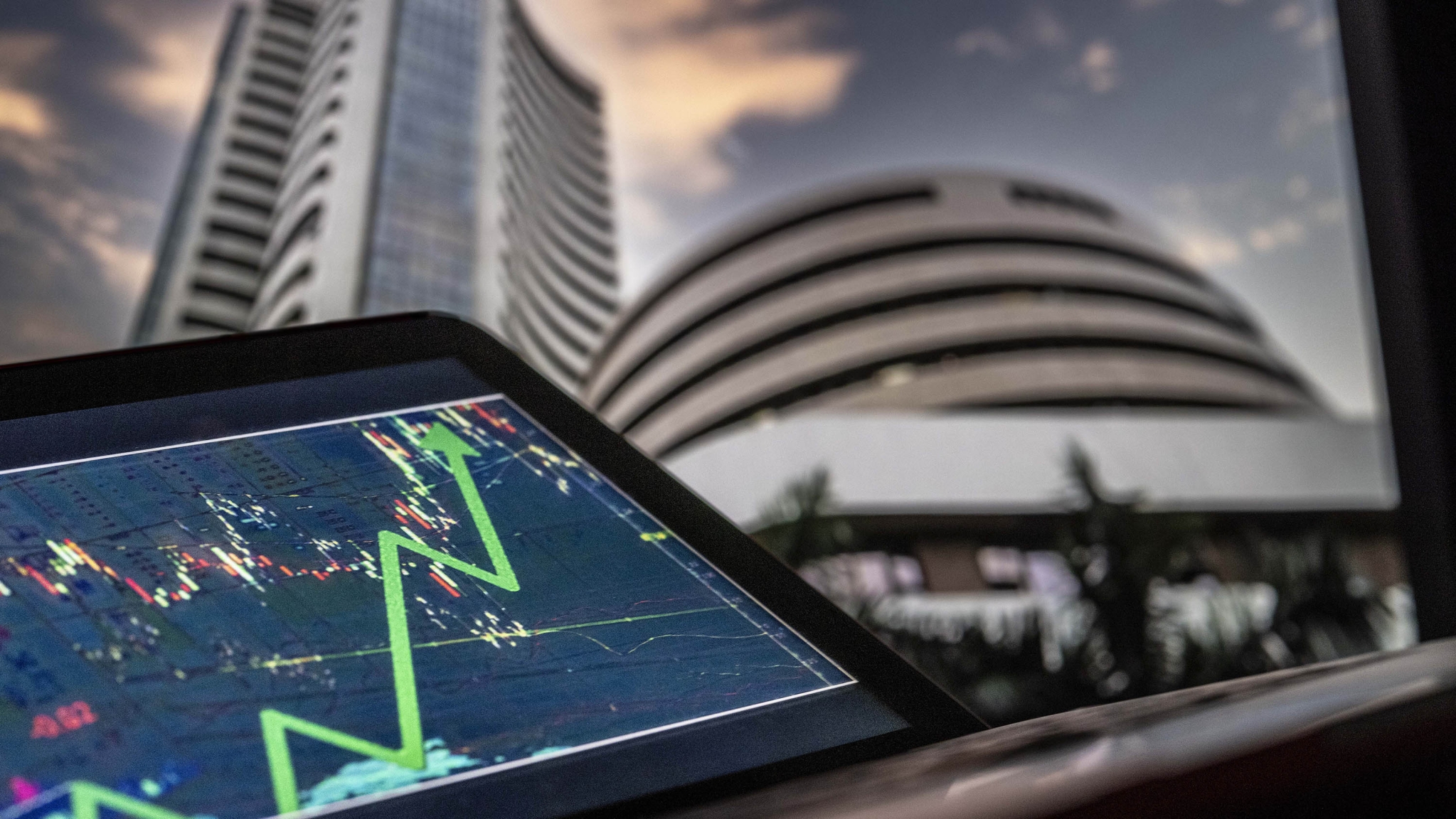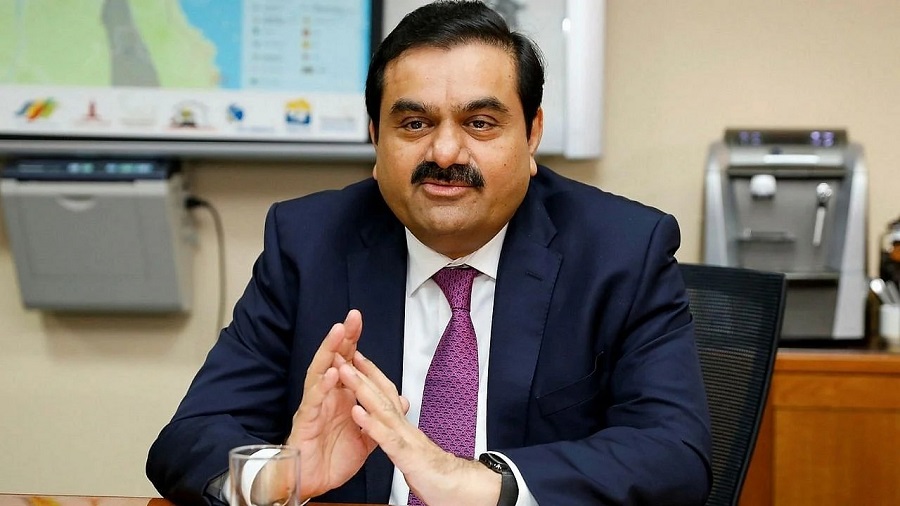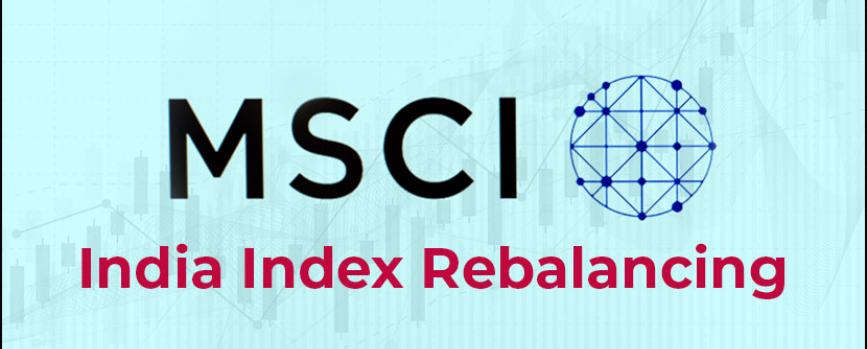iPhones Made in India: Apple’s Strategic Exit from China Explained
Apple is quietly shifting more of its iPhone production from China to India, a move that could have a serious impact on China's manufacturing dominance. This comes at a time when the U.S., under former President Donald Trump’s tough trade policies, has slapped hefty tariffs on Chinese imports. Apple’s move seems to be motivated by both political and economic factors, and it's likely to cause some waves throughout global supply chains.
U.S.-China Tariff War Raises Production Costs
According to reports, Trump imposed a 34% tariff on China, in addition to an earlier 20% levy, claiming it was to push China to act on fentanyl trafficking. In response, China matched the 34% tariff on American goods. Then, Trump threatened to add another 50% tariff if China didn’t roll back its taxes. If that happens, total U.S. tariffs on Chinese imports could hit 104%. For companies like Apple, this makes continuing production in China extremely expensive.
India Offers a Cost-Effective Alternative
Meanwhile, India is offering a much cheaper alternative. Even though it has a 26% tariff, that’s far lower than what China now faces. The difference in cost is significant. For example, the hardware cost of an iPhone 16 Pro is around 0. Under current Chinese tariffs, an additional 0 might be added. If Trump’s new tariff goes through, that number could reach 0. But if the same phone is made in India, it might only cost 0 more—making it a much smarter financial choice for Apple.
India’s iPhone Output Sees Major Growth
Over the past few years, Apple has steadily increased its investment in India. In the 2024 fiscal year, the company made iPhones worth billion in India, which was nearly double the previous year. That’s around 14% of all iPhones Apple produces globally. Back in 2021, India only made up 1% of that total, so this is a huge leap in a short time. India’s iPhone exports have also jumped, reaching nearly billion in just six months.
Apple’s Suppliers Back India Expansion
Apple isn’t doing this alone. Its suppliers like Foxconn, Pegatron, and Wistron (now owned by Tata Group) have all been expanding operations in India. Foxconn is planning to invest 0 million in a new plant in Karnataka, while Tata has ambitious plans to become a large-scale iPhone components manufacturer. The Indian government is supporting this shift with incentives like the Production-Linked Incentive (PLI) scheme, which rewards companies for increasing their output.
China Faces Economic and Technological Setback
China, on the other hand, is likely to feel the pressure. Apple’s presence has brought thousands of jobs and advanced manufacturing skills to China. If that moves elsewhere, it won’t just hurt employment—it could also slow down China’s access to the latest technologies. And it’s not just Apple. Other tech companies, like Google and Samsung, are also looking at India as a serious alternative.
India’s Challenges in Meeting Global Demand
But while this is a big win for India, it doesn’t come without challenges. The country still needs better infrastructure, faster logistics, and more skilled workers. The Indian government knows this and is working on major upgrades, especially in industrial zones and ports. There’s still a long way to go, but the momentum is strong.
A Global Shift in Tech Manufacturing
In the end, Apple’s shift from China to India is more than just a business decision. It reflects a bigger global trend—where companies want to spread their production across different countries to avoid risks from political conflicts or trade wars. China’s manufacturing might won’t vanish overnight, but the landscape is changing. Apple’s move is just the beginning of a broader reshaping of global tech manufacturing.




